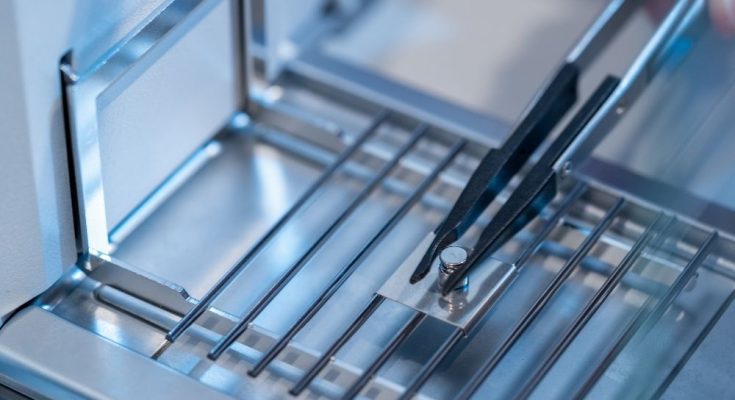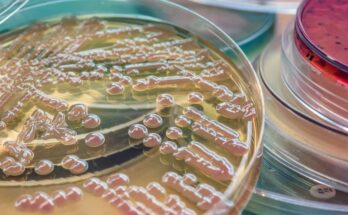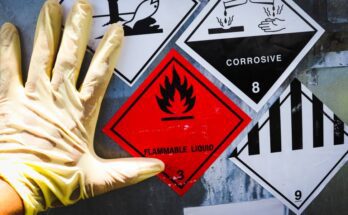If you work in a scientific or medical laboratory, working with expensive and delicate equipment is probably no big deal to you anymore. It’s understandable that labs might get used to the equipment they have and neglect taking proper care of it the longer they have them. You need to prevent this from happening as much as possible. We’ll go over why calibrating your lab instruments is so important so that you can have a reminder as to why you shouldn’t skip those calibration deadlines.
Ensure Accurate Results
The most obvious reason to keep your instruments properly calibrated is so that you don’t get inaccurate results from tests. If you don’t calibrate your vacuum pressure gauge, how will you know for sure that your pressure readings are accurate for the next steps? No matter the specific equipment, even a small error in the results could lead to disastrous consequences later in the project.
Prevent Laboratory Accidents
No one can deny that scientific and medical laboratories can be dangerous places. Oftentimes, it’s human error that causes the worst lab accidents. As much as we can’t change the fact that we’re human and make mistakes, we can at least ensure that our equipment isn’t at fault for anything that might go wrong. Proper calibration helps remove this possibility and reduce the chances that pieces of equipment will harm someone.
Promote Equipment Longevity
Lab equipment isn’t something you can pick up at the store when it breaks. You need to make sure your lab equipment lasts a long time unless you want to constantly wait for new versions of it to arrive. The longer a piece of equipment goes uncalibrated, the less efficiently it will operate and the more likely it is to need repairs later on.
Save Money Long Term
It’s no secret that lab equipment is expensive. That’s one of the key reasons it’s important to calibrate your lab equipment. Laboratories only have so much money in their budgets; you can’t afford to spend a ton of it replacing your gear every time you get a new project. Properly calibrated equipment lasts longer and saves you money in the long run, even if the calibration process costs money in the short run.



